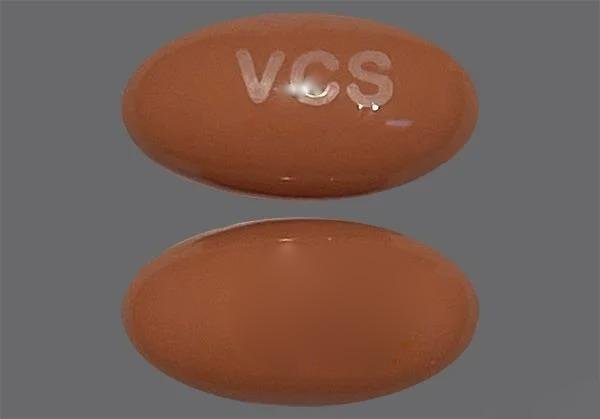Voclosporin and Alcohol/Food Interactions
There are 2 alcohol/food/lifestyle interactions with voclosporin.
Voclosporin Food/Lifestyle
Major Food Interaction
Food may delay and reduce the absorption of voclosporin, which may lead to lower blood levels of the medication and possibly reduced effectiveness. Voclosporin should be taken on an empty stomach at least 1 hour before or 2 hours after food. This will make it easier for your body to absorb the medication. Also, while taking voclosporin, you should avoid grapefruits and grapefruit juice. Grapefruit can raise the blood levels of voclosporin in your body and lead to increased adverse effects. Do not increase or decrease the amount of grapefruit products in your diet without first talking to your doctor. Also, if you are taking voclosporin you should avoid potassium-containing salt substitutes or over-the-counter potassium supplements without first talking to your doctor. Taking voclosporin together with these salt substitutes or supplements may cause high levels of potassium in your blood. High levels of potassium can cause weakness, irregular heartbeat, confusion, tingling of the extremities, or feelings of heaviness in the legs. Call your doctor at once if you have any of these symptoms. It is important to tell your doctor about all other medications you use, including vitamins and herbs. Do not stop using any medications without first talking to your doctor.
Switch to professional interaction data
Voclosporin High Blood Pressure (Hypertension)
Moderate Potential Hazard, Moderate plausibility
voclosporin – hypertension
The use of voclosporin causes hypertension. Exercise care when using this agent in hypertensive patients, including patients on antihypertensive drugs. It is recommended to monitor blood pressure regularly during treatment and treat new-onset hypertension and exacerbations of preexisting hypertension according to medical practices. If a patient experiences increases in blood pressure that cannot be managed with dose reduction or other appropriate medical intervention, consider treatment discontinuation.
Switch to professional interaction data
Voclosporin drug interactions
There are 885 drug interactions with voclosporin.
Voclosporin disease interactions
There are 8 disease interactions with voclosporin which include:
- infections
- liver dysfunction
- nephrotoxicity
- neurotoxicities
- PRCA
- QT prolongation
- vaccination
- Voclosporin – hypertension
More about voclosporin
- voclosporin consumer information
- Check interactions
- Compare alternatives
- Side effects
- Dosage information
- During pregnancy
- Drug class: calcineurin inhibitors
- Breastfeeding
- En español
Related treatment guides
Drug Interaction Classification
| Highly clinically significant. Avoid combinations; the risk of the interaction outweighs the benefit. | |
| Moderately clinically significant. Usually avoid combinations; use it only under special circumstances. | |
| Minimally clinically significant. Minimize risk; assess risk and consider an alternative drug, take steps to circumvent the interaction risk and/or institute a monitoring plan. | |
| No interaction information available. |
See also:
Further information
Always consult your healthcare provider to ensure the information displayed on this page applies to your personal circumstances.


